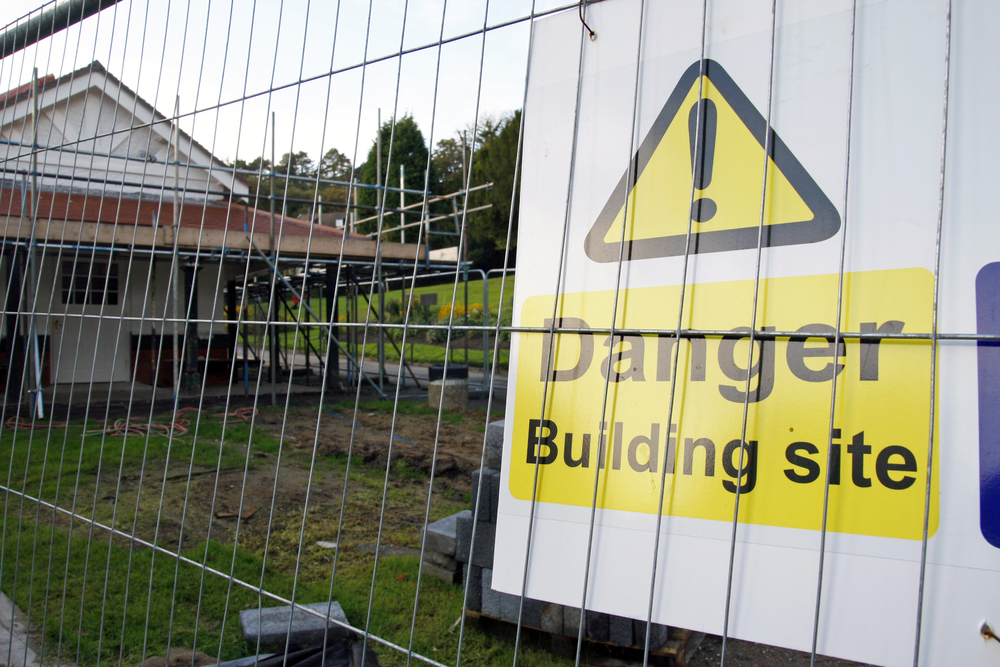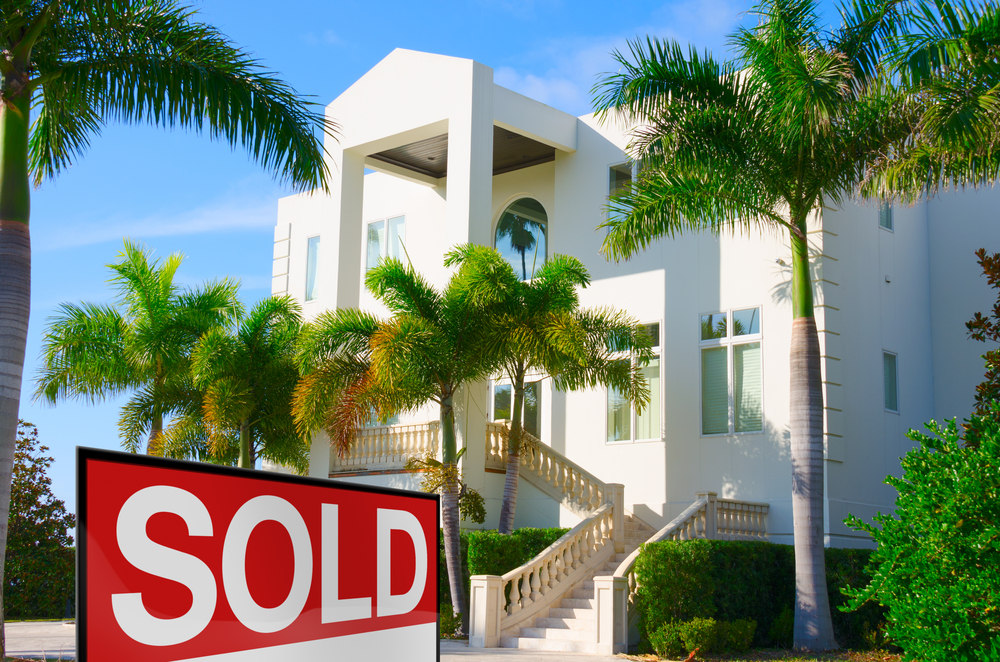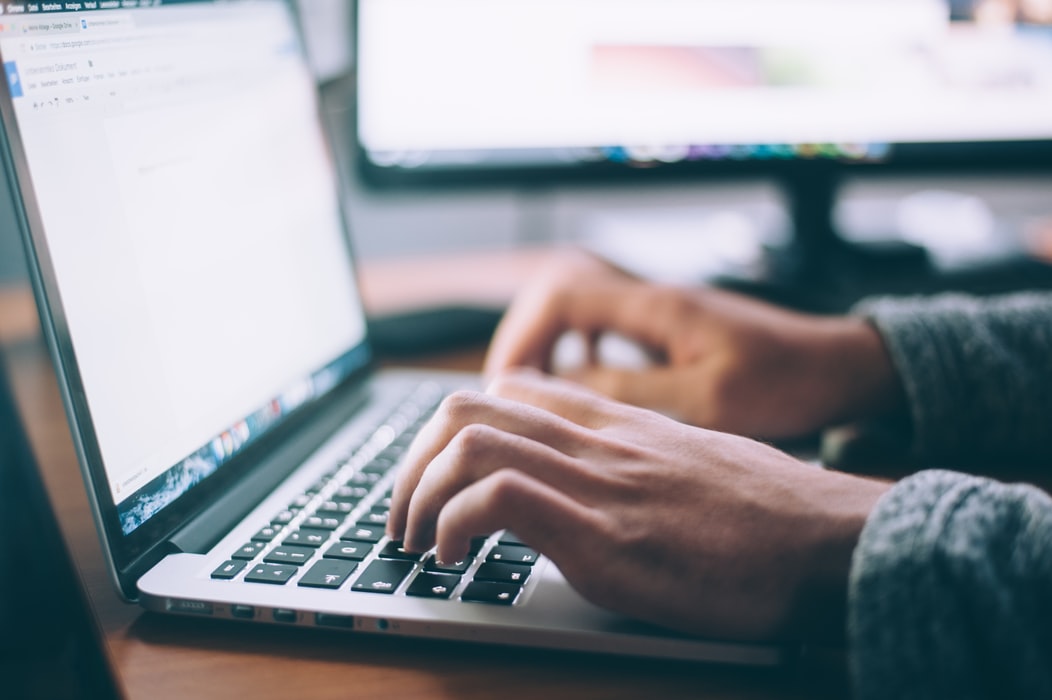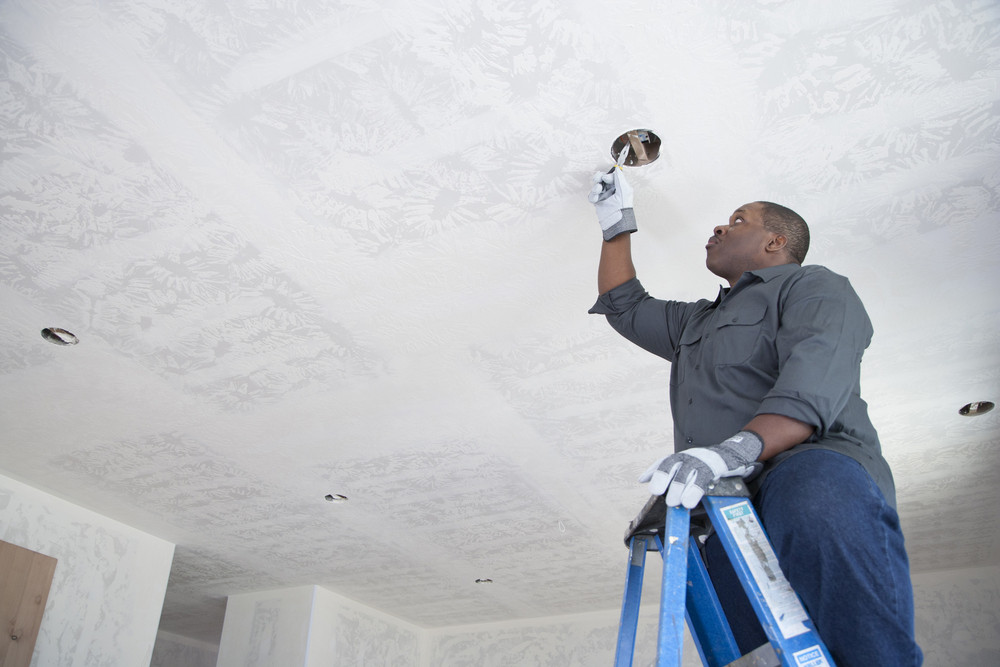Good morning Loves. Before we get started just a reminder that we have an awesome giveaway going on right now.
Enter here to win a one year savings club membership to Jet.com.
OK now let’s get into it, let me ask you a question, do you own a home? If so how did you know you were ready to buy a home? BF and I are both in our mid 30s and we’re thinking about buying a home. I have to tell you that I absolutely love renting an apartment: it’s carefree, there’s no responsibility and we only have one bill to pay every month. However, we’re starting to think that we want to leave the city and get a place of our own.
A house means no neighbors sharing adjoining walls, a yard to walk around barefoot in and nothing but our own space. That is very tempting. We are currently saving to buy a home, but I’m still not sure it’s the right financial decision. If we decide not to buy a house at least we’ll have chunk of cash saved for a rainy day.
These are the factors we’re considering to decide if we should buy a home:
Don’t be house poor
I don’t want to sacrifice our lifestyle just to buy a home. That’s a mistake that so many people make, they use all their money to buy a home and then can’t do anything else to enjoy life. I definitely don’t want to be one of those people. That’s why we’re taking a little extra time to save, because we don’t want to rush in to anything.
Save for the down payment
With interest rates at an all time low it seems like now would be a good time to buy a home. However we don’t want to sign on the dotted line just because it’s a good time. It has to be the right time…for us.
I honestly think we’ll buy a home in the next two to four years because at that time we’ll be ready to leave the city and start our quiet lives in the suburbs. That will give us enough time to save properly for the down payment and for all the furnishings that come with buying a home.
Consider the monthly costs
Buying a home is so much more than just saving for the down payment. There are utilities, home owner’s insurance and property taxes that have to be paid monthly on top of the regular monthly mortgage payment. Those are costs that renters are usually not ready for.
Then there’s the upkeep. There are flowers that need to be watered, grass that needs to be cut and snow that needs to be shoveled. The upkeep of owning a home can be additional monthly costs that renters don’t usually have. This is the main thing that scares me about buying a home.
BF and I can control the purchase price to make sure we stay within a limit and take a few extra years to save for the down payment. However we may never be ready for the monthly costs that come with owning a home. I’ve listed a few that I can think of, but I’m sure there are many more.
When did you buy a home?








I bought a home in 2008 because I didn’t like renting. I sold it in Dec. 2012 and am closing on my second home at the end of the month.
I did a 5% down conventional loan and my PMI is .55% (or 55 basis points). My 30 year is 3.875%. I plan on shortening the loan but the rate difference between a 15 and a 30 wasn’t significant. My house payment (principal and interest l) is $200 less than my rent, which was about to go up. I rent a one bedroom and am buying a 4 bedroom ranch that’s 2000 square feet. With insurance, tax, etc, it is $1550. Considering I have to pay a lady to take my dogs out over lunch, a house with a dog door is still saving me. On top of that, I’m renting to a friend and she will pay $850 and watch my dogs while I travel! Needless to say, I’m pretty excited.
In a perfect world, I’d wait until I had 20% down but I do want to take advantage of the low rates. I expect that in between now and March, rates could go up 25 basis points but after March, the rates may climb at a faster rate. Ideally I’d also have my student loans paid off. The balance is high. I know what I’m getting in to since this is my first house and the numbers made sense in my case. The tax benefit is just a bonus. Do what’s right for you but do consider the current rate climate. People are so used to low rates that they see no end and professionals will all tell you they’re going up next year. These were historically low rates. Just food for thought 🙂